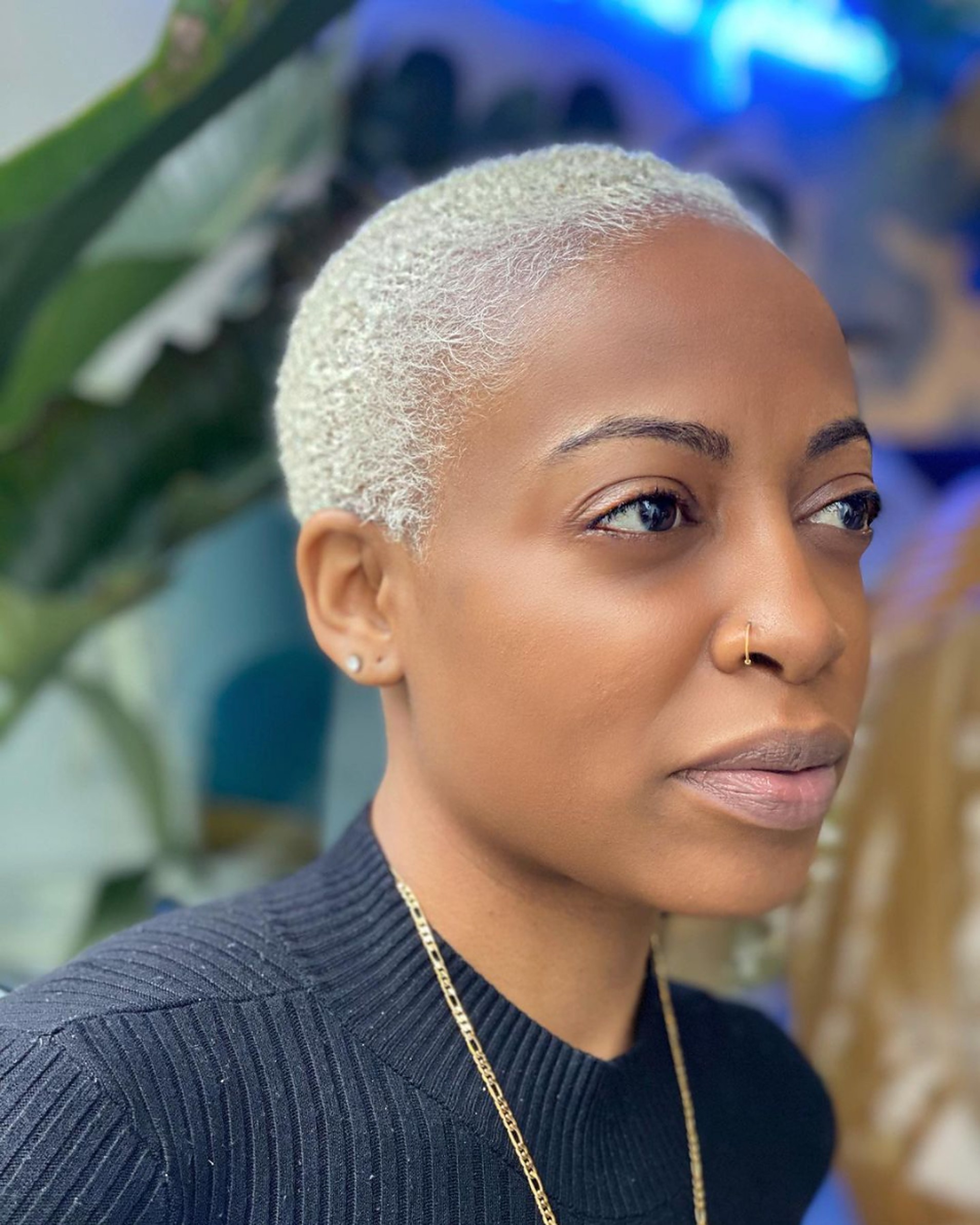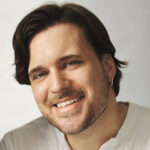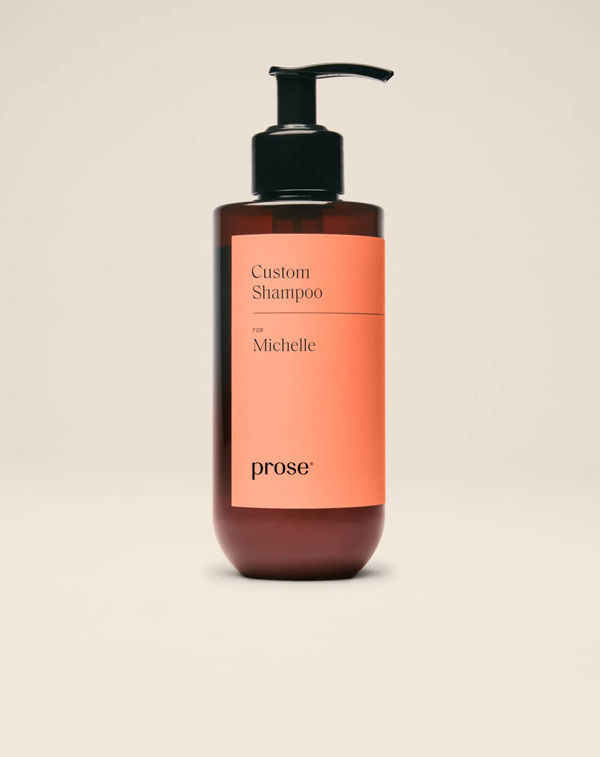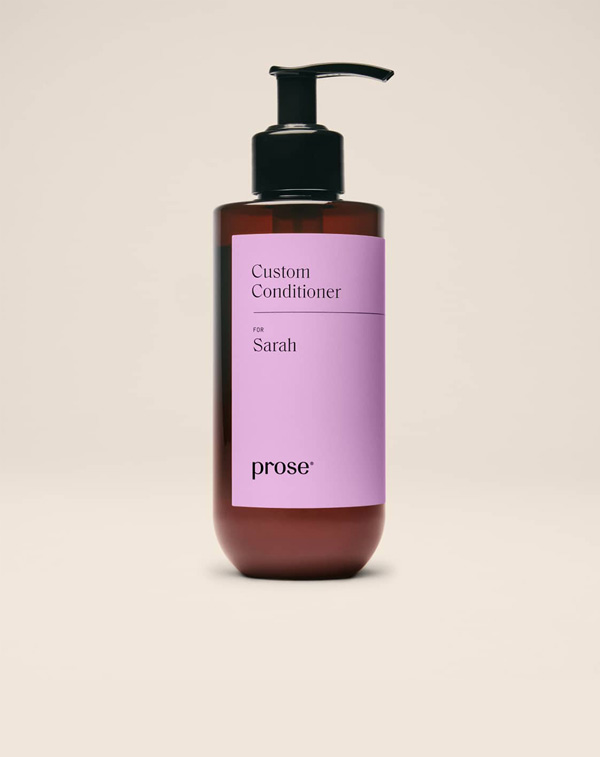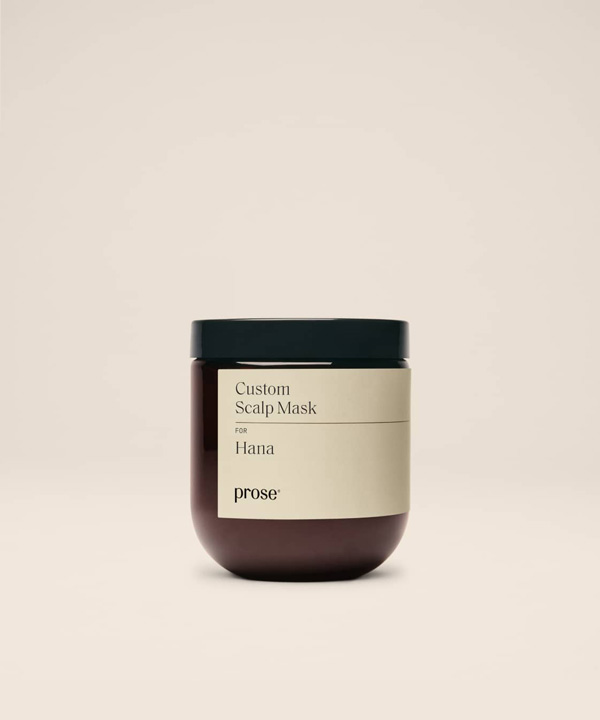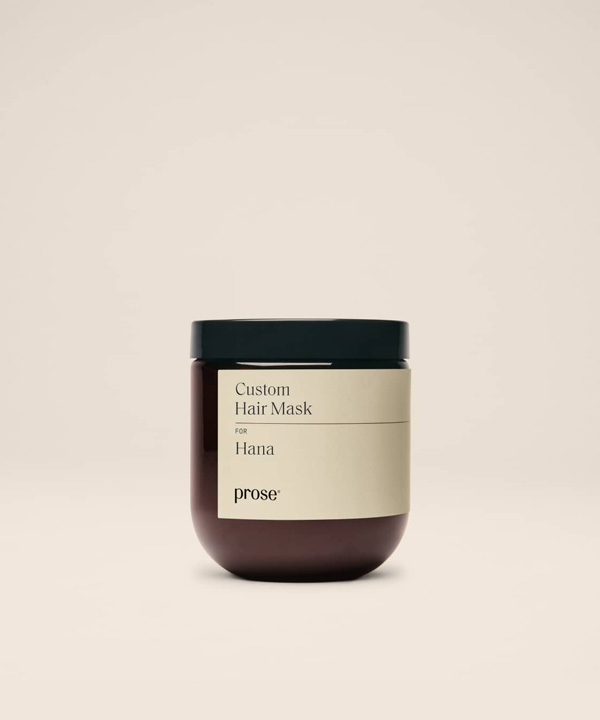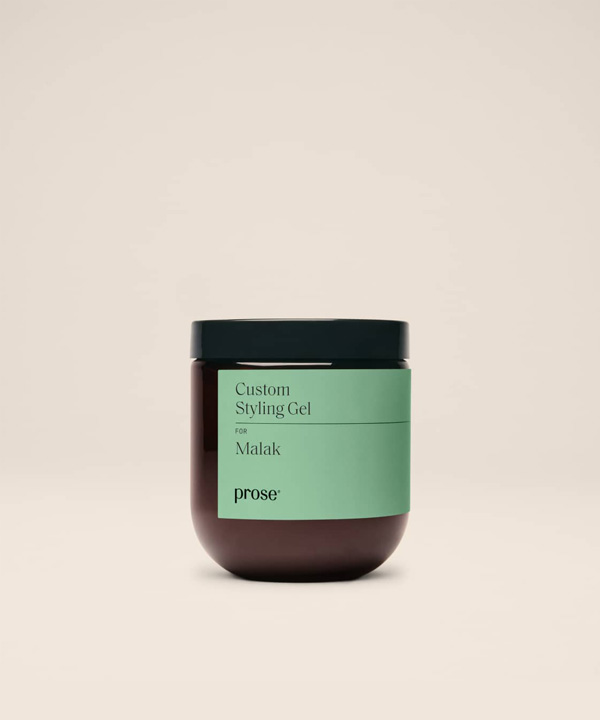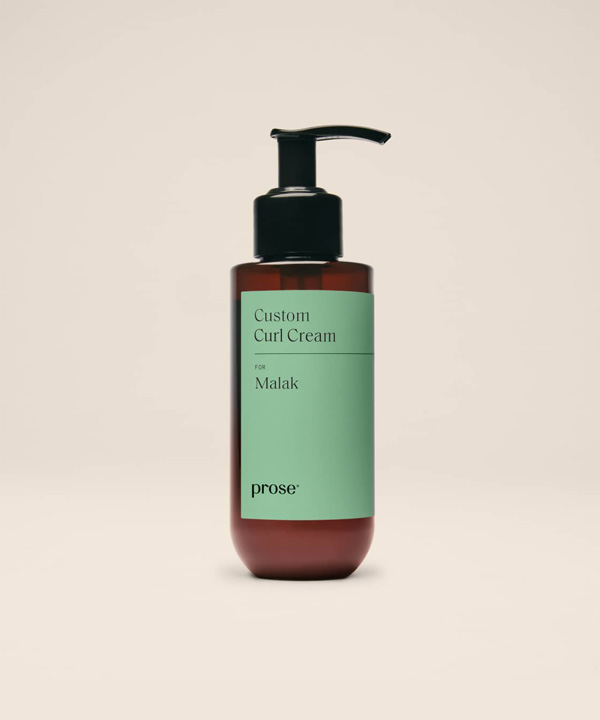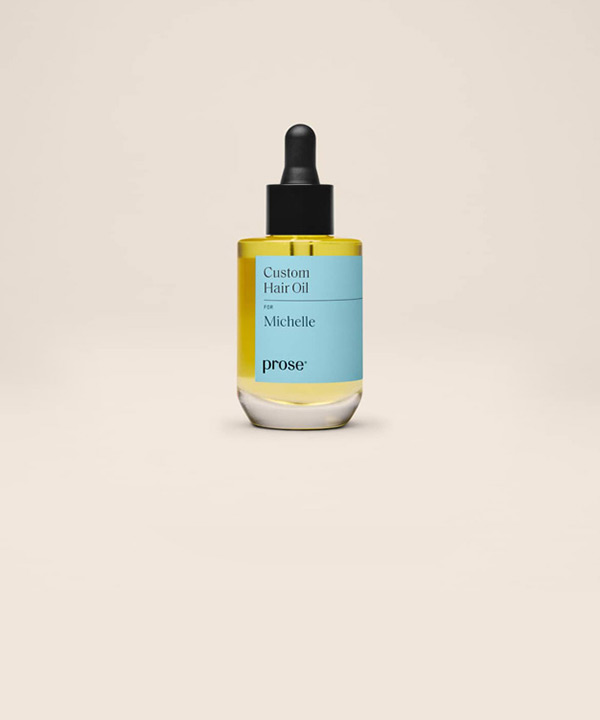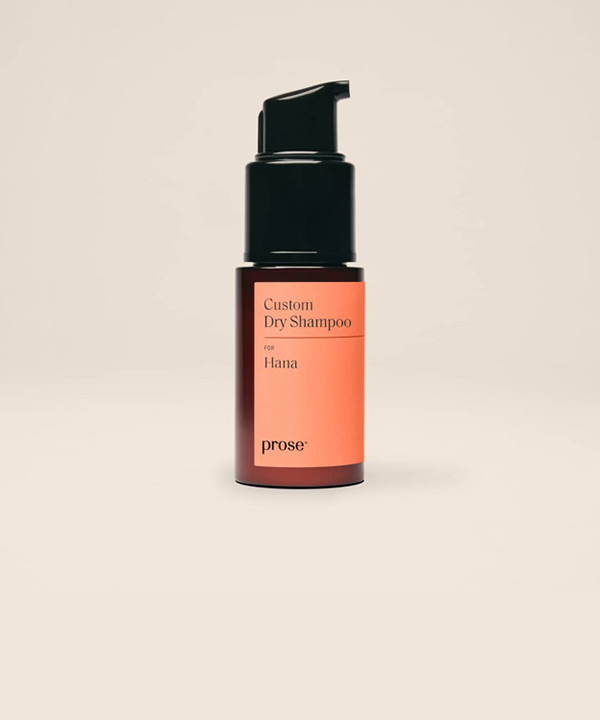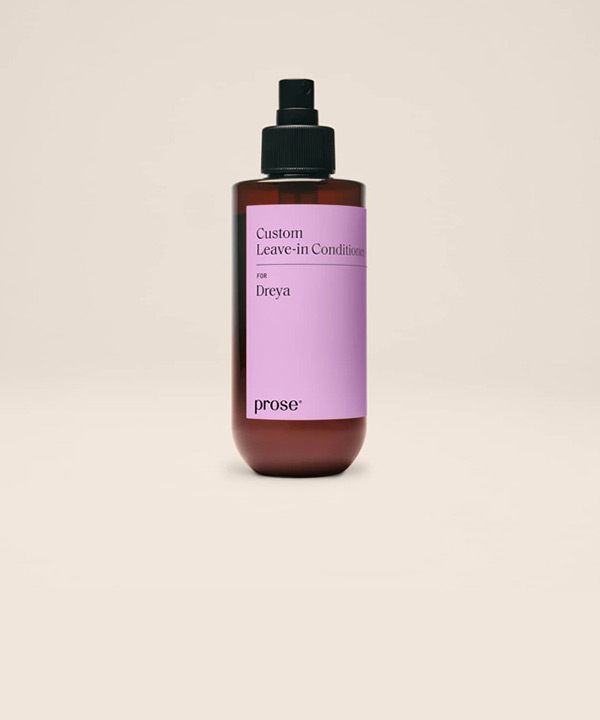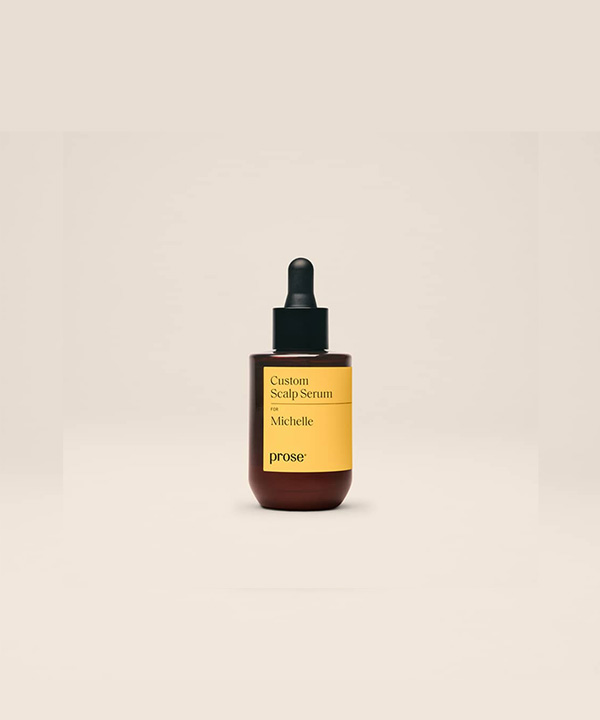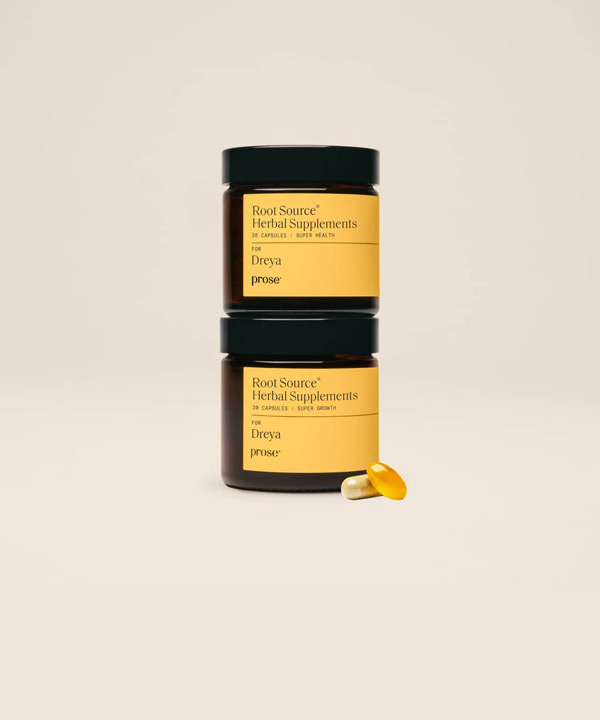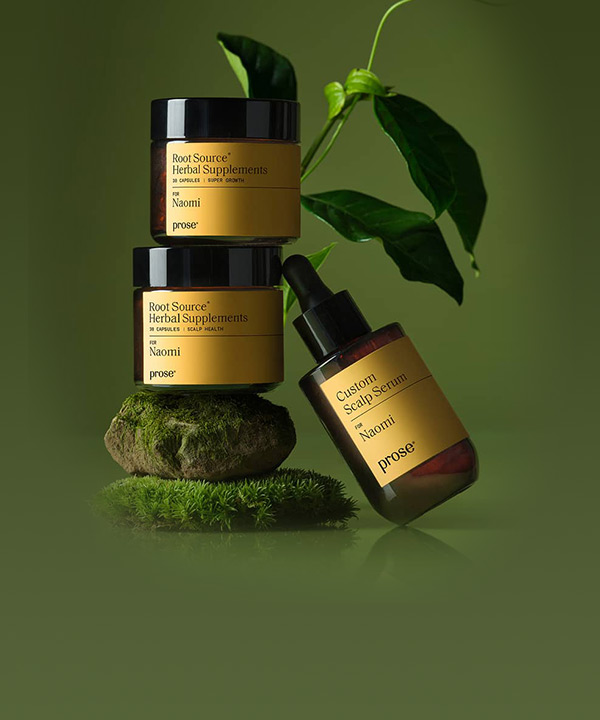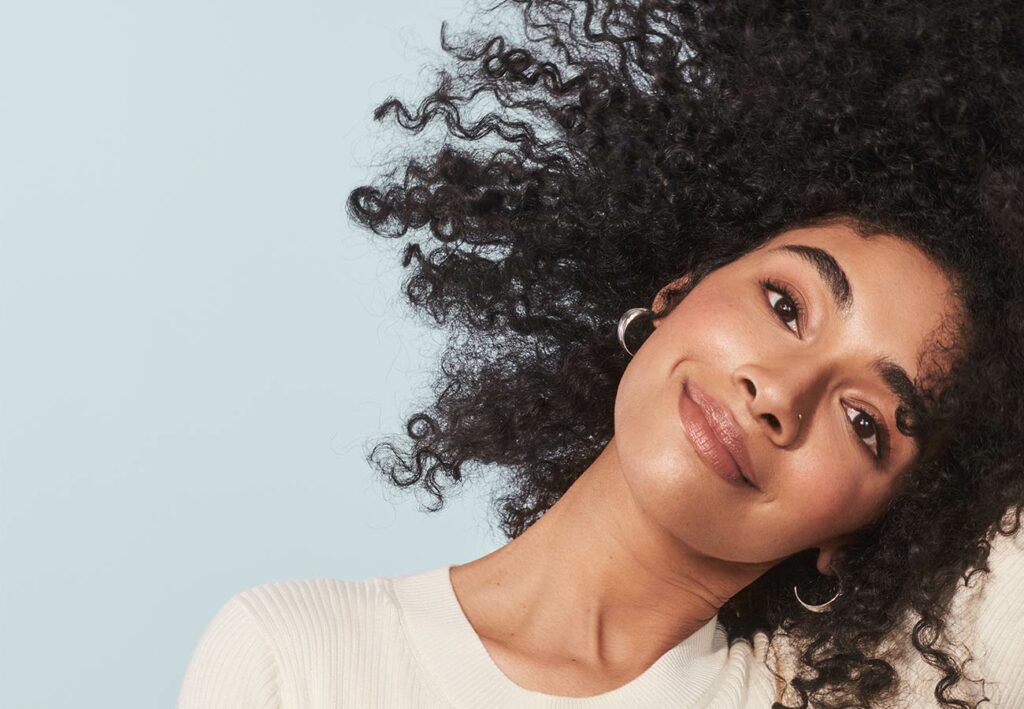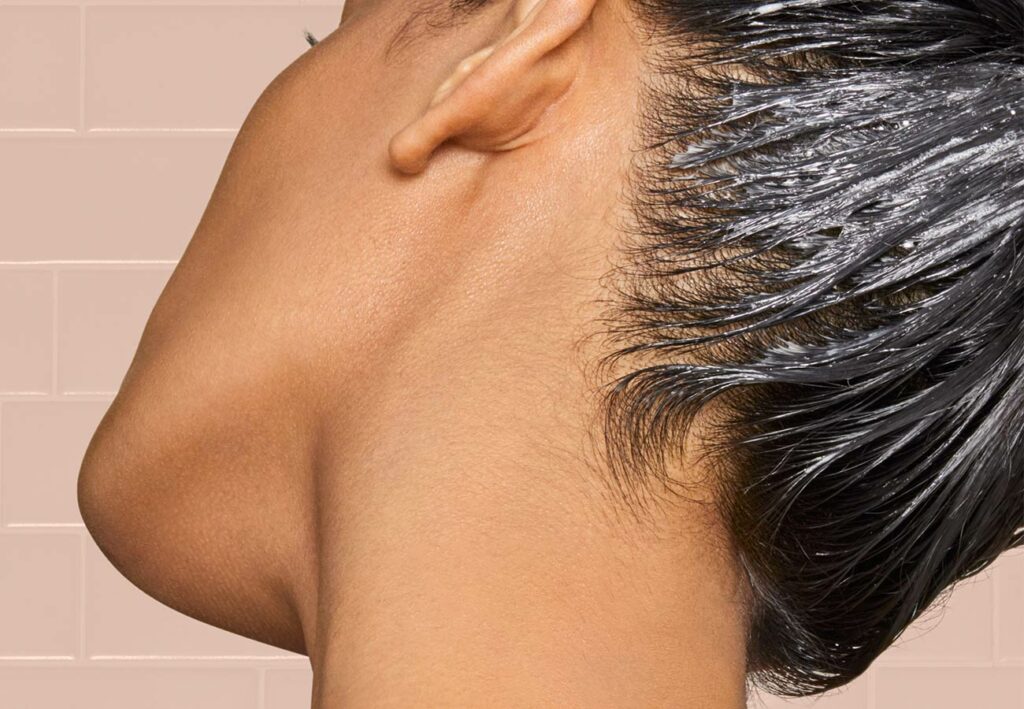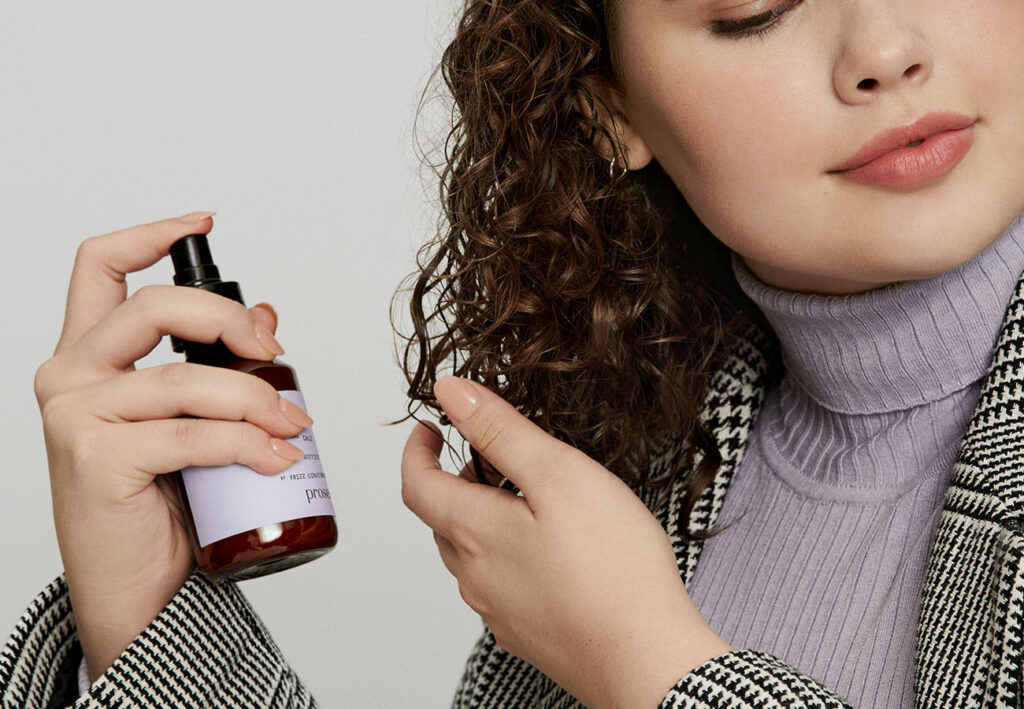1. Put your scalp first
It’s no surprise that, with such short hair, your main focus of care should be, as Gutierrez puts it, “how shampoo and conditioner affects the scalp”. Since you don’t have to worry much about the long-term impact on the strands of hair, you instead need to turn inward and focus on hair products for buzz cuts – ones that promote strong, dense, and prolonged growth—even if you won’t notice it on a daily basis.
Gutierrez suggests washing your scalp at least twice a week, as a baseline, in order to keep grime, bacteria, and fungus from proliferating, and thus compromising your scalp health. “If you are an active person [and want to wash your hair daily], you can still rinse your head in the shower, even using conditioner between actual shampoos,” he says. “There is no limit for conditioning,” especially when it’s so short. You’ll see in the next tip how to crank the conditioning up a notch, too.
2. Incorporate a scalp mask for an extra boost
“Think of the scalp like your face,” Gutierrez says. “You cleanse (with shampoo), moisturize (with conditioner), and every now and again for extra nourishment you can use a mask,” (like you would use a serum or deeply hydrating sheet mask on your face). So if you’ve ever wondered, do you need conditioner for short hair?, the answer is yes – your scalp still needs that moisture and balance.He uses them for himself, in order to mitigate and prevent flaking and itching.
Doing a scalp mask 1-2x a week can fortify all of the skin cells and prevent any maladies, while allowing the masks’s high concentration of ingredients to penetrate the hair follicles, in turn promoting stronger, softer, and healthier hair (whether you intend to grow it out now or later, this is universally important).
Always made to order. Never made to waste.
Exclusive Trial Offer Get 60% Off + Free Gift
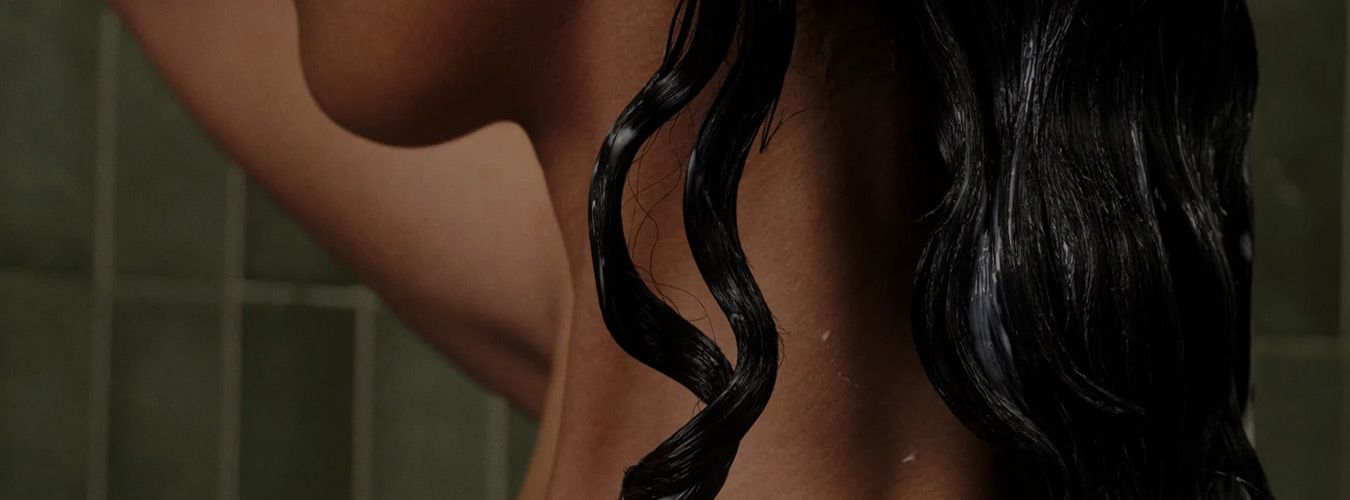
3. Consider taking supplements
Gutierrez also suggests incorporating supplements into your diet, especially for the long-term benefits of maintaining strong, healthy, and dense hair. Remember, just because you don’t think you need to take care of it now, the time will come down the road. And that road becomes a lot steadier and longer if you are proactive about hair and scalp health.
If hair loss is of particular concern, you’ll want to talk to your board-certified dermatologist, to weigh the benefits of any clinical prescriptions versus those of natural-sourced supplements. Many hair-loss prescriptions and even some supplements can interfere with hormone levels, so it’s necessary to ingest them under the supervision of a doctor.
4. Use actual hair clippers—not a beard trimmer
“Never bother buzzing with a beard trimmer,” Gutierrez says, pointing to the fact that hair clippers have a much stronger clip to manage the density up top of your head. (While beard hairs may be thicker and firmer individually, their density is typically far less of a concern compared to your head hair.)
He says to invest in a cordless professional hair clipper for any DIY buzzing task. And if you’re worried about having a clean cut all the way around, he says to trim it at or below a grade 2 on the clippers (6mm). This will negate you from needing a clean-drawn neckline in the back of your head, which is near impossible to get right on your own. (…all the bending and dual-mirroring.)
However, when it comes time to grow it out, then head to the pros, even while it’s short. “You need to get the sides cut every week or two, to keep the style in balance,” Gutierrez says. “Or else you may end up looking like a microphone.”
5. Always apply SPF to your scalp
If you got a buzzcut for summer, your hair is short, then you don’t have a natural sun guard on your scalp. And few things are as damaging to your long-term hair health as a scalp burn. (It provides irreparable damage to the follicles, and could be the end of any hangers-on.) A spray-on sunscreen might be easiest, but for especially short styles, you can just give it a once-over with your favorite SPF moisturizer, too. Reapply every two hours in the sun, or after swimming and excessive sweating.

